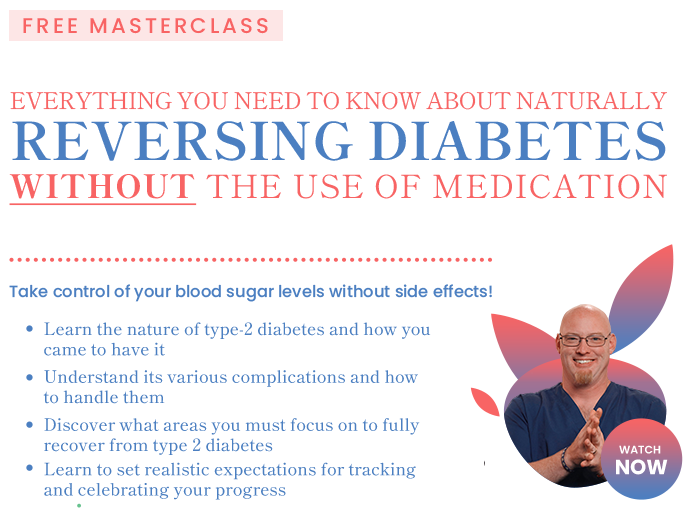
It can be very worrying to know that diabetes is the leading cause of blindness, kidney failure, and amputations. When under control, diabetes lingers relatively harmlessly in the background; however, this is an enemy that constantly prowls behind the gates, waiting for you to let your guard down. If not monitored or ignored, diabetes can escalate and lead to serious health issues over time. It can even lead to death. This is not a disease to be trifled with, and it has no cure.
Oftentimes, it is mentioned that diabetes can be "reversed," but what that really means is that you can get it under control and stabilize your blood sugar levels that can be out of whack due to diabetes. This achieving of "normality" is considered "reversing," but it doesn't mean that your diabetes is cured. You can't cure diabetes. You can only manage and control it, and you need to always be alert and on guard. If you're not, the complications below may arise.
In this article, we will discuss eight of the most common complications that you could face with diabetes. First, we will discuss nerve damage, Alzheimer's disease, and cardiovascular issues. Then, we will take a look at amputations, hearing impairment, and kidney damage. Finally, we will take a look at retinopathy and skin problems.

1
Nerve Damage
Also known as neuropathy, diabetes damages your nerves. When your blood vessels are adversely affected by a diet that's high in sugar, the nerves become damaged. Damaged nerves can cause you a lot of pain, but it is treatable.
Numbness, tingling, nausea, constipation, and even erectile dysfunction are symptoms of damaged nerves. You will require immediate medical attention if you notice several of these symptoms. Treating symptoms soon is always preferable.

2
Alzheimer's Disease
Your body works in a holistic way. If your diabetes is left unchecked, it can raise your risk of Alzheimer's. Everything is connected to everything else.
So it's best to do whatever you can to manage your diabetes and be in good health. If you start experiencing symptoms of Alzheimer's, you should visit your doctor. Some of these symptoms include memory loss, misplacing items, and forgetting the names of people or things.

3
Cardiovascular Issues
It's a fact that diabetes can lead to heart disease. In fact, having high blood sugar levels for prolonged periods can cause inflammation and hardening of the arteries (atherosclerosis). It also raises your blood pressure level.
High blood pressure raises your risk of heart disease, too, making matters worse. That's why it's common for people with diabetes to also have hypertension. Be sure to see your doctor regularly so they can watch out for these things.

4
Amputations
Amputations may be required if cuts or blisters on your leg do not heal properly. While this is a scary thought to process, it is sometimes the only solution. Amputation may need to occur because the disease can cause poor blood circulation and nerve damage in the feet.
Anyone with diabetes should be aware of these risks. It is crucial to maintain blood sugar levels and monitor glycated hemoglobin levels. Regularly checking your legs and feet is important, too.
















